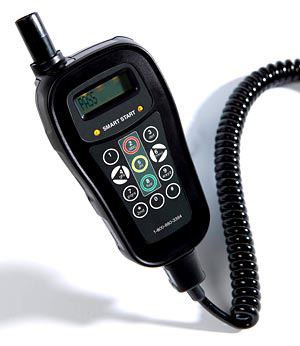Earlier this month, several states and jurisdictions passed mid-term initiatives to decriminalize or legalize marijuana. Alaska, Oregon, and Washington DC joined Colorado and Washington state in legalizing the recreational use of marijuana. By voting to approve these measures, American voters in these states and other areas where marijuana has been decriminalized or approved for medical use have shown that views on pot have radically changed – and this change doesn't seem to be letting up.
In previous blogs, we've discussed how the marijuana movement has been impacting the criminal justice system. Although the movement has helped reduce or eliminate criminal penalties for the personal use of marijuana in many states, it has also raised the difficult predicament of determining when a driver is too high to drive.
Independent and government researchers have been working feverishly to answer this question, and results from a major federal study on the subject are soon to be released. In the meantime, however, many states are exploring ways to keep roads safe, enforce marijuana DUI laws, and determine exactly when a motorist can be arrested for driving under the influence of pot. For some, the answer may be marijuana breathalyzers.
Marijuana Breathalyzers
One of the largest problems that stands in the way of effectively enforcing marijuana DUI laws is differentiating when a motorist is a marijuana user and when a motorist is impaired by marijuana to the point where their driving has been affected. Just as BAC breathalyzers are able to differentiate between accepted and illegal levels of intoxication, many believe that marijuana breathalyzers can achieve the same. Still, the marked differences between marijuana and alcohol, including the way marijuana dissipates from the human body, present many difficulties for developers of THC breathalyzers.
Several companies working to create marijuana breathalyzers are developing devices which can:
- Test THC on breath rather than presence of THC in blood or urine.
- Determine if a motorist has consumed THC within two hours of driving.
Should these marijuana breathalyzers prove effective, they could help states in enforcing new DUI laws, and possibly encourage other states to legalize marijuana. As it stands now, though, the state of Georgia strictly prohibits driving under the influence of marijuana, meaning that any evidence of a motorist having used pot could be grounds for criminal charges.
If you have questions about DUI charges, including charges for driving under the influence of marijuana or other drugs, contact an Atlanta DUI lawyer from Weintraub & Alper Legal.


